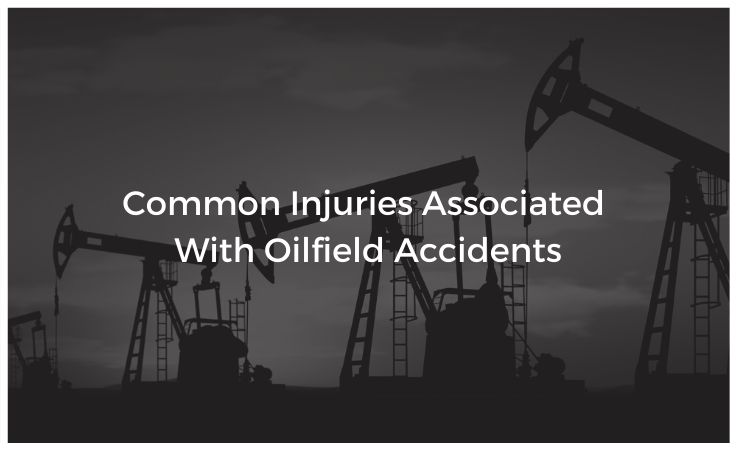California is one of the top oil-producing states in the country. A lot of that production is based in Kern and Ventura counties, and provides employment to residents of those areas.
Oil field work is an inherently dangerous job. The Census of Fatal Occupational Injuries notes that 489 oil and gas extraction workers were killed on the job between 2013 and 2017, the most recent time period for data.
While oilfield accidents aren’t entirely avoidable, many could be prevented with the right safety precautions and protocols in place. But all too often, oil well processing and transport facilities skirt or outright violate state and federal regulations, making their workplaces extremely dangerous and even life-threatening to employees.
The top safety and health hazards that can result in fatalities for these workers are vehicle accidents, being struck by, caught in, or caught between equipment, explosions and fires, falls, being trapped in confined spaces, and exposure to harmful chemicals.
A number of injuries are common on the oilfield because of these types of accidents.
Burns. Workers can get severe burns from steam, fire, hot equipment, and electric shock. Serious injuries, such as third-degree burns, can cause permanent nerve damage as well as disfigurement. They normally require skin grafts for wound closure as well as rehabilitation.
Fractures and broken bones. On the oilfield, fractures and broken bones can happen when a worker falls, gets struck by an object, or is involved in explosions or transportation accidents. These injuries can put oilfield employees out of work for weeks or months at a time, seriously impacting their ability to provide for their household.
Permanent Hearing Loss. When oil companies fail to supply their workers with adequate protection, they put those individuals at risk for all sorts of injuries. Hearing loss can happen when workers are constantly surrounded by loud machinery but not given proper earplugs for the job. This hearing loss can be lifelong, which seriously impacts a person’s ability to do their job.
Brain Injuries. Oilfield workers can get a brain injury if they are hit on the head by a moving object or sustain a severe fall. Brain injuries can range from mild concussions to traumatic brain injuries that have lifelong consequences. The most severe types of brain injuries hinder a person from doing even the most basic day-to-day tasks like showering and feeding themselves.
Soft Tissue Injuries. Because of the repetitive nature of many tasks on the oilfield, such as operating machinery, injuries of the soft tissue are quite common. These muscle and tendon tears may start off as small, barely noticeable injuries and develop into more serious ones over time.
It is important to take note of all injuries as soon as they happen, however minor they may seem at first. Many oilfield injuries are preventable, and if your injury is the result of your employer treating safety precautions lightly or violating them, you may be able to make a claim for compensation. To do that, you must have evidence of the injuries, which is why documenting them is so important.
Rodriguez & Associates has decades of experience representing those injured in the oilfield because of someone else’s negligence. Daniel Rodriguez himself worked in the oilfields for years as a roustabout and mechanic. Knowing first-hand how difficult and dangerous the work can be, he and his firm are especially attuned to the rights of workers in this industry when accidents and injuries occur.
Please reach out to us today to discuss your case and receive support by filling out our online form or calling (661) 777-7575.





